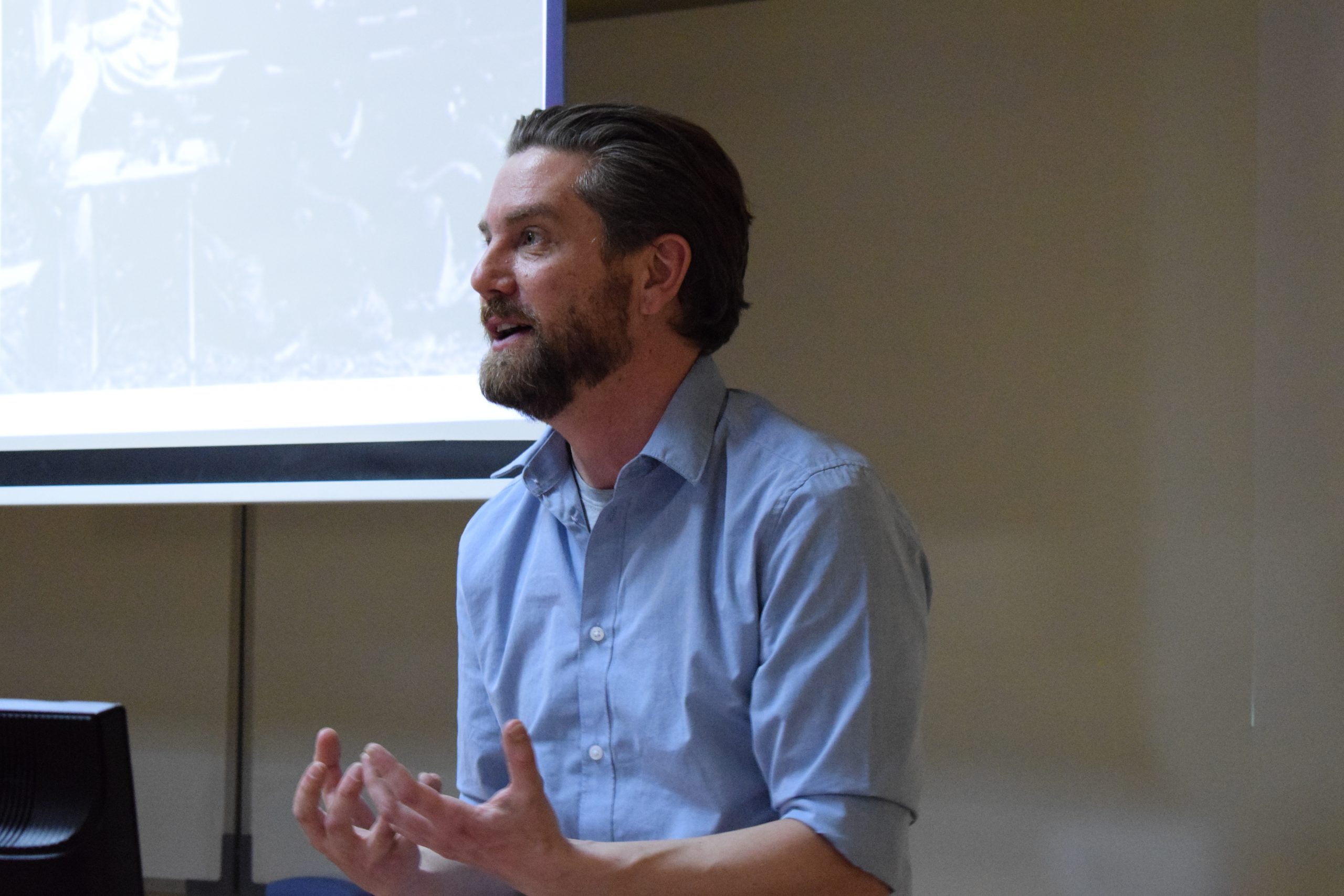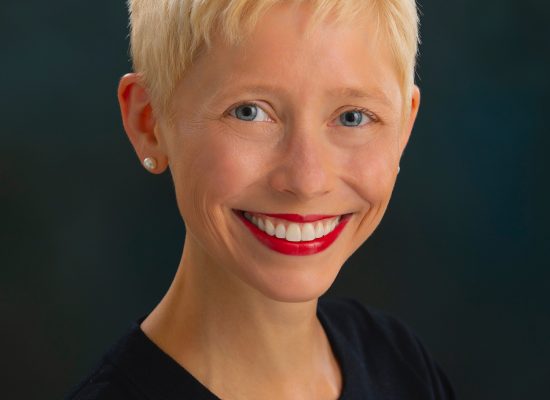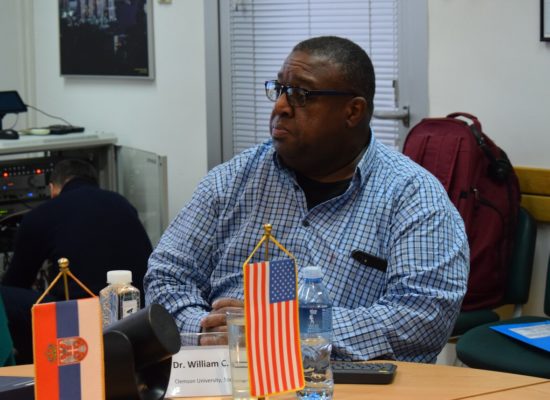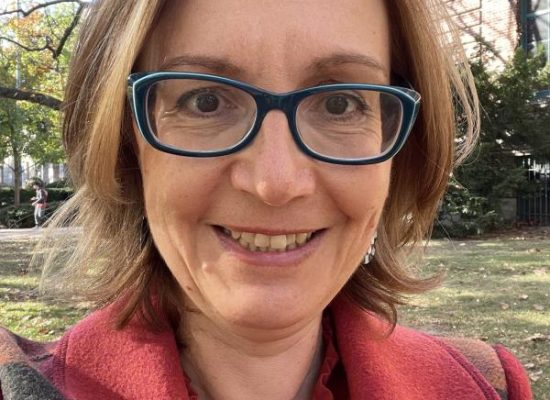
Peter Locke, Northwestern University, USA
What are you researching at the moment?
I’m hoping to finish up a book manuscript based on my dissertation about humanitarian psychiatry and trauma in postwar Sarajevo; I’ve also been doing a little light research about the pandemic’s impacts on mental health and care-seeking in the region.
What is your go-to website for news and analysis?
In full awareness of their limitations, I tend to get my basic news from the New York Times and the Washington Post; I go to the New Yorker and the Atlantic for deeper analysis. Ed Yong, a Pulitzer-prize winning science journalist for the Atlantic, has been a guiding light for understanding the politics and inequalities of COVID over the last two years.
Do you have a writing routine?
If I need to get some serious writing done, I tend to need to get up early in the morning — not usually my routine — and have several hours of quiet focus before the world and my email inbox get active. I spread my materials out around me a little chaotically, close all other programs on my computer, and face the blank page until my mind starts to get muddy. Classical music or a walk with my dog are both helpful when I get a little stuck. I need total quiet and no distractions — cafes don’t work!
What was the worst advice you have been given?
This is a tough one! Good advice is easier to recall. Honestly I think I’m lucky to have mostly received good advice along the way. My PhD mentor, medical anthropologist Joao Biehl, once told me with regard to writing: “You have to slay your imaginary masters.” Totally true.
Have you ever been inspired by a student? If so, how?
My work over the last decade has been in heavy teaching positions, including lots of courses during the academic year and supervision of a summer school for American undergraduates in Serbia and BiH. This has been both a blessing and a curse, but above all such a gift to rise to the sacred duty of passing the torch on to new generations in hopes of a better world. I have had so many incredible and inspiring students between the two institutions I’ve worked for (Princeton and Northwestern), and watching them grow — and feeling my contribution to that growth — is a big part of what keeps me going. My students from working class and non-white backgrounds inspire me the most — they face the longest odds and pay a high cost for their resilience, but their determination to get what they deserve from powerful institutions and to channel those resources toward real transformation can be totally exhilarating. One of my most amazing students was one of my first, Raphael Frankfurter, a pre-medical anthropology major at Princeton. I took him and a few other undergraduates to rural Sierra Leone each year to support and study a small medical humanitarian NGO there in the years leading up to the Ebola outbreak. He was hard-working, brilliant, and a natural anthropologist, picking up the local language, building extraordinary community relationships, and conducting important research about community health needs. He went on to run community health worker programs for Partners in Health (Paul Farmer’s global health NGO) at the age of 23 during Ebola. After that he enrolled at UC-Berkeley for a dual MD-PhD (anthropology), and will surely go on to be a leader in the fight against global health inequities. His trajectory has pushed me to sustain my faith in the value of critical social science and ethnography, and to hang on to my hope that our societies might truly become less cruel some day.
Name one thing that you would do if you were not a professor?
Write novels! Some lightweight sci-fi, some serious tragedy or satire.
Describe Balkan in three words
Tragicomic, maddening, exhilarating
Would you share with us something you would never put in your CV?
My first job at the age of 16 was working the drive-through window of a frozen yogurt shop in the Atlanta suburbs for $5.75 an hour.



